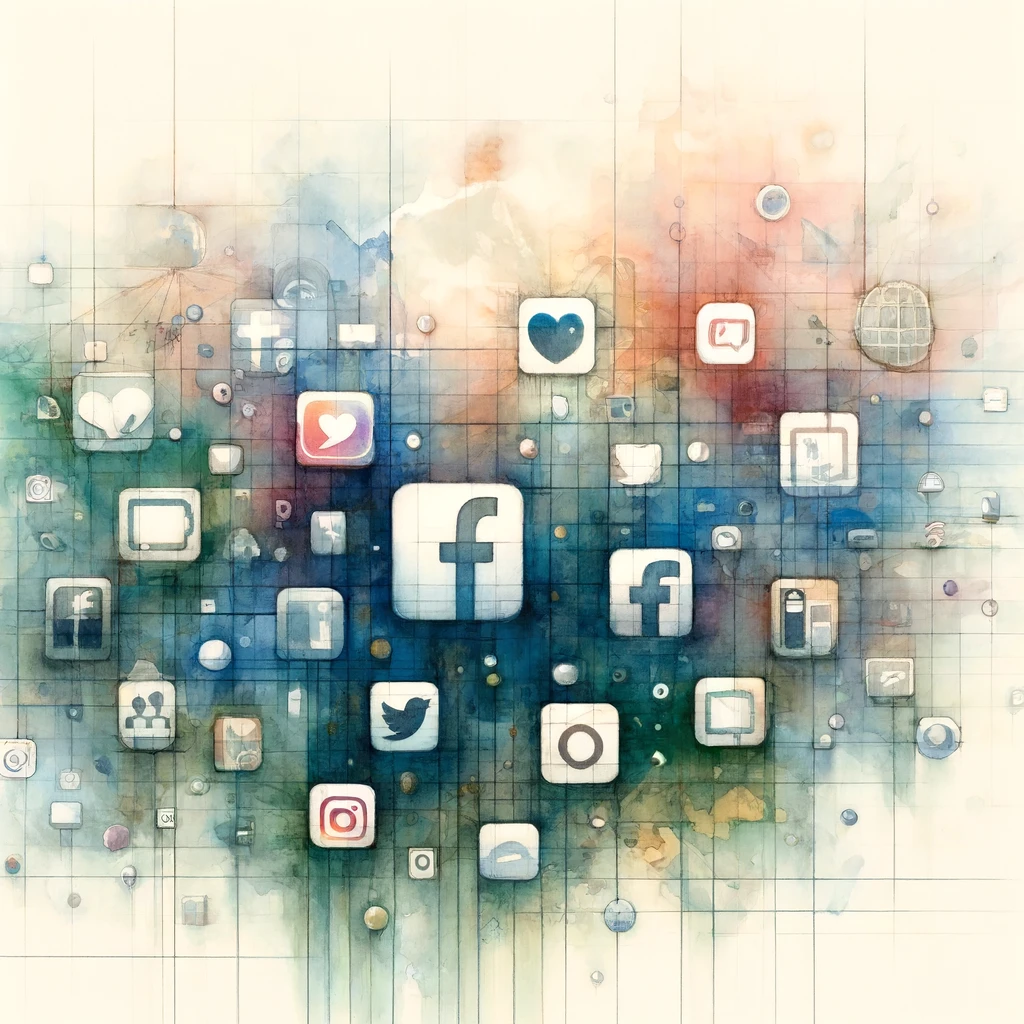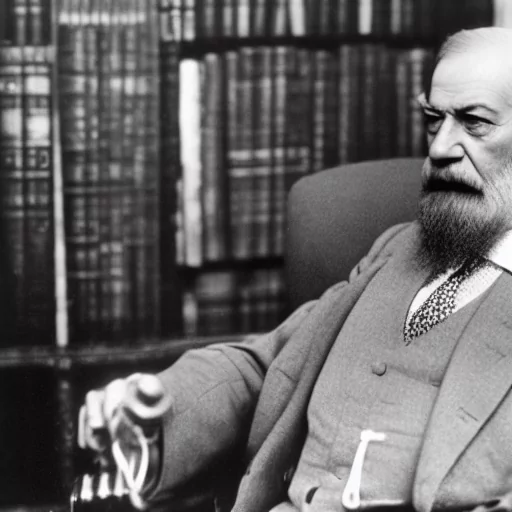
Social Media and Mental Health: A Psychoanalytic Perspective

Sigmund Freud, the “father of psychoanalysis,” revolutionized the field of psychology with his groundbreaking theories on the human mind. His ideas, albeit flawed, were radical and disruptive for their time. Freud’s willingness to delve into taboo subjects, particularly human sexuality, challenged societal norms and paved the way for open discussions about sexuality and desire. In our increasingly sexually liberated world, Freud’s contributions to our understanding of sexual development and the complexities of human desire remain relevant.
Moreover, his emphasis on the transformational power of speaking the unspeakable paved the way for modern discussions on mental health. His work encourages society to confront challenging topics and engage in meaningful conversations that promote acceptance and understanding. From exploring the unconscious mind to understanding human motivation, Freud’s theories remain crucial in comprehending the complexities of the human mind.
Freud’s theory of the unconscious remains a cornerstone of modern psychology. He proposed that beneath our conscious awareness lies a realm of thoughts, desires, and memories that influence our behavior that is unknown to us. The idea of the unconscious provides a framework for understanding phenomena like implicit biases, automatic thoughts, and emotional responses.
Concepts like priming and heuristics, deeply rooted in Freudian thinking, illuminate the mechanisms behind these automatic processes. By acknowledging that a significant part of what informs our thoughts and actions are unconscious, contemporary psychologists and researchers can design interventions that target the root causes of behavior, leading to more effective therapies and strategies for personal growth.
Freud introduced the concept of defense mechanisms to describe how the mind may unconsciously protect itself from distress. Today, psychologists recognize these mechanisms as central to how people respond to stress, anxiety, and trauma. Denial, projection, repression, and displacement are just a few examples of defense mechanisms that the unconscious mind employs to protect itself.
In modern mental health, understanding these defense mechanisms provides therapists and counselors with insights into thought patterns and emotional responses. By identifying defenses, professionals can guide individuals toward expanding their insight into their own tendencies and developing healthier coping strategies, fostering emotional resilience and overall well-being.
Freud’s theory of psychosexual development proposed that individuals progress through distinct stages—oral, anal, phallic, latent, and genital—each characterized by specific conflicts and challenges. The explicit incorporation of sex into the theory of development was largely a response to the sexually repressive culture he was surrounded by. The conflicts and challenges he presents in his theory relate to the symptoms people develop to survive this culture. While modern psychology has expanded upon this theory, the notion that childhood experiences shape adult personality and behavior remains relevant.
In contemporary research on identity formation, the influence of early experiences on self-concept and interpersonal relationships is well documented. Freud’s emphasis on the formative role of childhood experiences has been validated by contemporary research in developmental psychology’s focus on how nature and nurture interact to shape human development.
While psychoanalytic techniques have evolved since Freud’s time, talk therapy remains a central part of psychological treatment. The therapeutic approach he pioneered, which involves introspection, free association, and exploring the unconscious, is effective in helping individuals address deep-rooted issues and gain self-awareness.
Modern psychotherapy approaches, including psychodynamic therapy, draw heavily from Freud’s foundational work. By delving into patients’ childhood experiences, relationships, and unconscious defenses, therapists can help clients make connections between their past and present, leading to personal growth and healing.
While Freud’s original theories continue to be relevant, they have not escaped criticism and evolution. Critics argue that his theories lack empirical evidence and are culturally biased. Additionally, advancements in neuroscience have provided alternative explanations for phenomena previously attributed to psychoanalysis.
However, the ongoing debate surrounding Freud’s theories is a testament to their enduring impact. Additionally, modern psychodynamic therapy has proven to be an effective, evidence-based treatment for mental health issues. Shedler (2010) found that psychodynamic interventions have the same effect size as other therapies promoted as “evidence-based,” and result in positive transformation continuing after the treatment ends. The dialogue between traditional psychoanalysis and contemporary psychological approaches enriches the field, leading to developing hybrid models that integrate various perspectives.